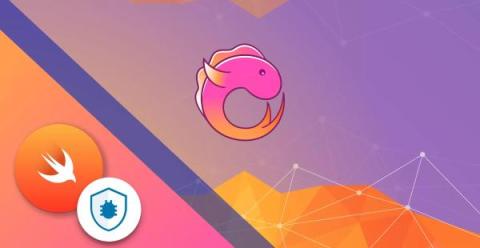The Sliding Doors for the Essentials
As I have explored in this “Sliding Doors” blog series, identifying the right door to create value with data can prove quite challenging - and once that door is opened, the journey ahead can seem daunting. But what if there was a way to make that journey a bit easier? Maybe it’s time to get back to basics… Who needs to hear this?











